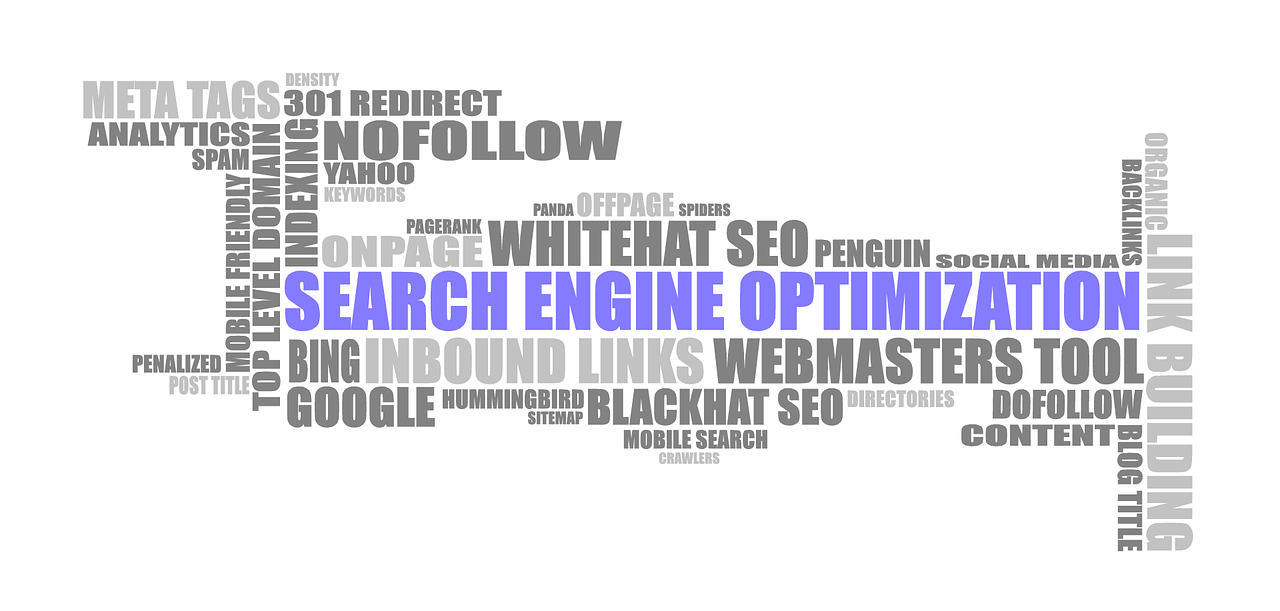Understanding meta tags: their importance and impact on SEO
|
IN BRIEF
|
Meta tags play a crucial role in the world of SEO, serving as snippets of HTML code that provide essential information about a webpage. Found within the <head> section of a web page, these tags communicate key details to search engines, guiding them in understanding the content and context of the page. This understanding not only affects how the page is displayed in search results but also influences its overall ranking. By effectively utilizing meta tags, website owners can improve their visibility and attract more traffic, making them an indispensable part of an effective digital marketing strategy.

Understanding HTML Meta Tags and Their Importance
HTML meta tags are essential components of a webpage that communicate crucial information to both search engines and users. These tags are located within the <head> section of your webpage’s HTML and are not directly visible in the content of the page. Essentially, meta tags serve as descriptive snippets that inform search engines about the content, purpose, and context of your page. For example, the title tag gives a brief title for the page that appears in search results and the browser tab, while the meta description provides a summary of the page, enticing users to click. Understanding how to effectively use these tags is vital because they play a pivotal role in search engine optimization (SEO). Properly crafted meta tags can enhance your site’s visibility in search results, making it more likely for users to discover your content.
Moreover, meta tags help define how search engines categorize your site, influencing ranking on search engine results pages (SERP). For instance, if your meta description accurately describes your content and includes relevant keywords, search engines can better assess the relevance of your page to various search queries. This, in turn, can significantly increase organic traffic to your site. Additionally, they provide an opportunity to engage potential visitors by clearly portraying what they can expect upon arriving at your page, thus improving overall user experience. With the right use of meta tags, you can effectively enhance your site’s performance in search results, drawing more visitors and increasing engagement.

Understanding HTML Meta Tags and Their Significance
Meta tags are essential components of any webpage coded in HTML, located within the
The importance of meta tags in SEO cannot be overstated. These tags help search engines grasp the relevance and context of a webpage, impacting its ranking in search results. A well-optimized meta description can entice potential visitors by succinctly describing the content, which, according to various studies, can lead to higher engagement rates. Furthermore, these HTML elements play a role in enhancing the overall user experience by ensuring that users find the most relevant information when they perform a search.
Beyond their conventional use, it is worth noting that meta tags serve varied purposes depending on their types. For instance, meta keywords were once pivotal but have lost their relevance in modern SEO practices, emphasizing the need to stay updated on evolving strategies. As you implement your on-page SEO tactics, you can learn more about the best practices for optimizing your website through resources such as Understanding On-Page SEO.
In addition to basic SEO, the way meta tags are crafted can also help drive more traffic from search engines. By gaining control over content representation, especially through strategic use of the title and meta description, marketers can ensure their content stands out in the crowded digital space. For further insights on enhancing your content optimization strategy, check out How to Improve Your Content Optimization Strategy.
Understanding HTML Meta Tags
The Importance of Meta Tags in SEO
Meta tags are essential HTML elements that provide valuable information about your web pages to both search engines and users. Positioned in the
<head>
section of your HTML, they play a critical role in optimizing your site for search performance. By conveying crucial details about your content, meta tags enable search engines to assess the relevance and context of a page, significantly impacting its ranking in search results.
For instance, a well-crafted meta description can entice users to click on your link rather than others, directly affecting your click-through rate (CTR). Consider the influence of keywords within your meta tags, as they help search engines match user queries with your content effectively. If you wish to learn more about how to effectively utilize meta tags for boosting your SEO, check out this guide.
- Title Tag: This defines the title of your webpage and is crucial for SEO. It should include relevant keywords to enhance visibility.
- Meta Description: A short summary that appears below your link in search results. It should be engaging and encourage people to click on your page.
- Robots Meta Tag: Useful for instructing search engines on how to crawl your page, helping you control indexing.
- Viewport Meta Tag: Essential for responsive design, ensuring your webpage looks good across all devices.
By utilizing these critical meta tags strategically, you can enhance both the user experience and your website’s search engine performance. Explore additional insights into best practices by visiting BrightEdge’s resources and SiteGround’s article. You can also enhance your understanding of the basics of SEO at this site.

Understanding the Importance of HTML Meta Tags
Meta tags are essential HTML elements that provide valuable information about your webpages to both search engines and users. Found in the <head> section of your webpage, these tags play a crucial role in SEO by influencing how search engines index and rank your content.
When used effectively, meta tags can significantly improve your site’s visibility in search results. They communicate important details such as page relevance, description, and even keywords, helping search engines understand the context of your content. This, in turn, impacts your page’s ranking, which is vital for attracting traffic.
For instance, the title tag and meta description directly affect how your site appears in search results, giving you control over your content’s representation. By optimizing these tags, you not only enhance user experience but also rely on the relevance and context of your pages to drive more potential visitors from search engines.
Additionally, implementing best practices for meta tags is a cornerstone of any effective SEO strategy. They form an integral part of on-page optimization, ensuring that your site is not just accessible to search engines but also appealing to users. Understanding how to leverage meta tags correctly can lead to improved online visibility and ultimately, greater success in reaching your audience.

Meta tags> are essential HTML elements that serve as indicators for search engines and users about the content of your webpages. Found in the section of your HTML, they assist in defining how your content is displayed in search results, ultimately influencing click-through rates.
Through the use of meta descriptions and title tags, you can provide context and relevance that appeals to both search engine algorithms and potential visitors. This not only enhances user experience but also significantly contributes to your website’s SEO performance.
Understanding the role of meta tags is crucial for anyone looking to increase visibility in search engine results. By properly implementing and optimizing these tags, you can effectively guide search engines in understanding the themes and topics of your content. Therefore, investing time in learning about meta tags and their best practices can lead to improved rankings and more organic traffic to your site.














Post Comment